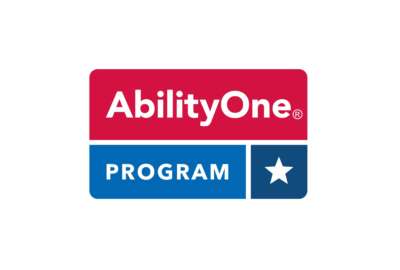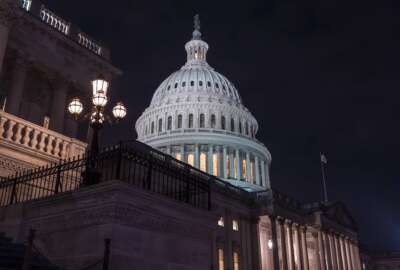Feds’ private lives: what’s legal and what’s not
Like all U.S. citizens, federal employees' rights are protected under the First Amendment. But when their private lives conflict with their agency's mission, it's...
wfedstaff | April 17, 2015 5:27 pm
When federal employee Ayo Kimathi’s racist website caught the public eye, the Homeland Security Department put him on administrative leave. The agency’s decision left many wondering how the First Amendment plays into Kimathi’s website and his rights as a citizen to express freedom of speech.
“Our First Amendment rights are not absolute — there’s a balancing act,” said Debra Roth, employment lawyer and partner at Shaw Bransford & Roth, on the Federal Drive with Tom Temin and Emily Kopp. “It’s just like crying ‘fire’ in a movie theater, causing disruption and panic.”
Kimathi’s website criticizes whites, gays and blacks who integrate with whites and those of mixed race, The Associated Press reports.
He is especially under scrutiny because of his status as a public employee. Kimathi works as an acquisitions officer for Immigration and Customs Enforcement, dealing with small businesses.
“What [employees] do off duty is their business, their private lives,” Roth said. This applies to federal employees as well, except for when their private actions could negatively affect their employer. “If it impacts the efficiency of your agency’s mission, if it brings notoriety to the U.S. Government, that can be the basis for the government to take action against you, principally to remove you from federal service for your off-duty conduct.” 
In Kimathi’s case, the beliefs he verbalizes are extreme and considered hate crimes under federal law. He advocates for racial war on his website, saying, “WOH has dedicated our time and expertise to properly educating black people to prepare for racial warfare… We’ll see you on the battlefield.”
Kimathi is on administrative leave most likely because officials are unsure of his connection to the website, Roth said. “If it’s his website, he’s launched it, he’s the main author of the content and the principal person behind it, they’re likely to take action against him.” She said the action will most likely be to try and remove Kimathi from federal service.
Federal employees in the executive branch are governed by the Government Ethics Regulations. “They need to get permission from their agency, and that permission is based upon whether or not those outside activities conflict in any way with the mission of the government,” Roth said.
Employees file an application for outside activities, which goes to the ethics officer of the agency. “Managers in a vacuum couldn’t make that determination because it’s governed by regulation and statute — that’s a conflict of interest,” Roth said. The decision on whether the activity conflicts with the agency’s mission is a combined effort of ethics officers, attorneys, human resources and management.
Kimathi reportedly submitted his application to the ethics officers, and they granted him permission. Roth proposed two possibilities for what happened. “It sounds like either, they didn’t go online and look at the website, or the website wasn’t launched yet, and they had nothing to look at.”
Whether Kimathi will be dismissed from federal service is still unknown, but what’s certain is that many of his colleagues would feel uncomfortable if he were to return to the workplace.
“It’s being reported that it’s starting to garner fear in his colleagues,” Roth said. The government is “really acting as an employer would act. And they’re probably going to say, ‘You’re scaring your colleagues. You’re advocating violence. You can’t come into our workplace.'”
RELATED STORIES:
AP: DHS employee behind racist website
DHS employee behind racist website on paid leave
Copyright © 2024 Federal News Network. All rights reserved. This website is not intended for users located within the European Economic Area.





